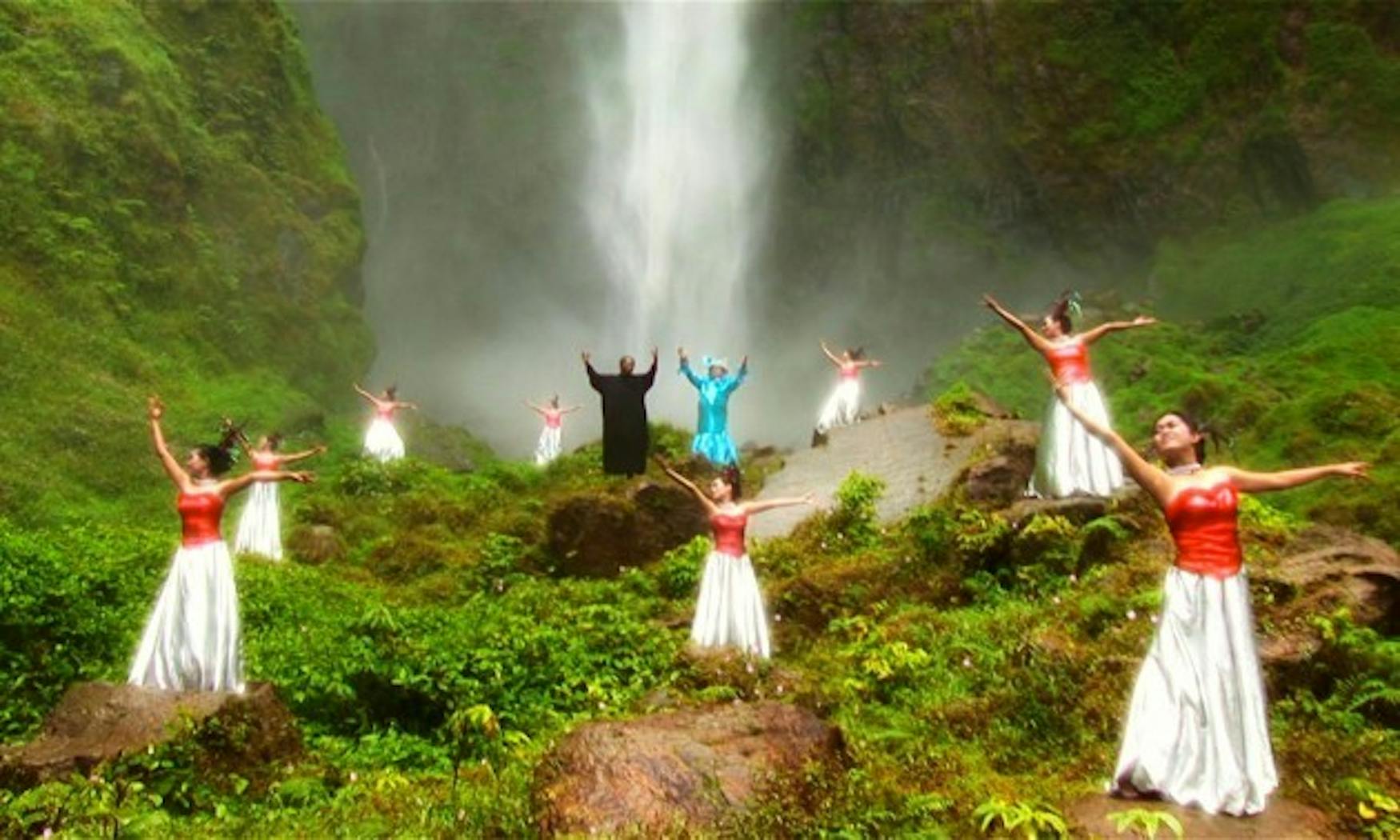Film morally confronts gang murderers
What makes Joshua Oppenheimer's newest documentary, The Act of Killing, so disturbing is the sense of calm amongst the violence. Before the screening on Sunday night, Oppenheimer gave the audience a few words of warning, that "every act of evil is committed by humans" and that he would "not say to enjoy the film." His warnings were well heeded, as The Act of Killing was two hours and 40 minutes of the recollections of mass murderers and was not exactly pleasant viewing.
The film follows Anwar Congo, an Indonesian gangster who founded the right-wing paramilitary group Pemuda Pancasila, or in English, Pancasila Youth. Following a military coup of the government, Anwar and his friends, low-level gangsters who scalped movie tickets, became the leaders of death squads. Their victims were communists, intellectuals and the ethnic Chinese. In the course of one year, from 1965 to 1966, the gang tortured, purged and killed between half a million to three million people.
But unlike the perpetrators of the genocide in Rwanda, Nazis in wartime Germany or Khmer Rouge troops, Anwar and his fellow paramilitary guerillas have never been arrested, prosecuted or punished for their crimes. Rather, they are celebrated in their community of North Sumatra. In the film, Anwar and the Pancasila Youth are recognized by numerous candidates, politicians and government ministers.
Rather than giving a straightforward retelling of the atrocities he committed, Anwar reenacts them in the style of his favorite film genres: western, musical and comedy. Oppenheimer not only films interviews with the men but also the production and publicity of the epic monstrosity they end up producing. Their "documentary of the imagination," as Oppenheimer calls it, drifts from reality to the more nightmarish. Anwar not only reenacts the actual act of killing his victims, but also how he was feeling at the time.
Much of the film is dream-like, with sweeping shots of the Northern Sumatran countryside, wildlife, slums and the ocean. At points there were long periods of silence with the exception of an occasional bird chirping. The sense of serenity echoes the words and feelings of the gangsters and former paramilitary members as they joke about what they did and show no remorse for their actions.
Anwar is seemingly untroubled by the actions of his past. Early in the film, he brags of killing over 1,000 people, primarily face-to-face by garroting and strangling. As he puts it, "war crimes are defined by the winners"-he sees himself as one of these heroic winners.
But it is not until Anwar and his friends are filming a torture scene for their film, with Anwar as the victim of the interrogation that his attitude changes. Although he is never physically injured and knows it is just a movie, Anwar starts to feel guilt. He claims he knows what his victims must have felt like and fears that his actions will come back and haunt him. But Oppenheimer, off camera, continually prods him, reminding Anwar that he was just acting and knew it would end while his victims knew they would die.
The Act of Killing begins and ends the same way, with Anwar on the roof where he killed many of his victims, but at the end, the change is clear. He is no longer a proud member of a death squad but rather a broken man, ashamed of his past and full of guilt.The film was by no means a perfect movie. At slightly more than two and a half hours, it was far too long, even for such a complex subject matter. The compilation of interviews, political rallies, and scenes from Anwar's film are confusing.
People who appear repeatedly are never named. But, despite its flaws, the film is a powerful documentary that captures, in Oppenheimer's words, "what it means to be human."
*




Please note All comments are eligible for publication in The Justice.